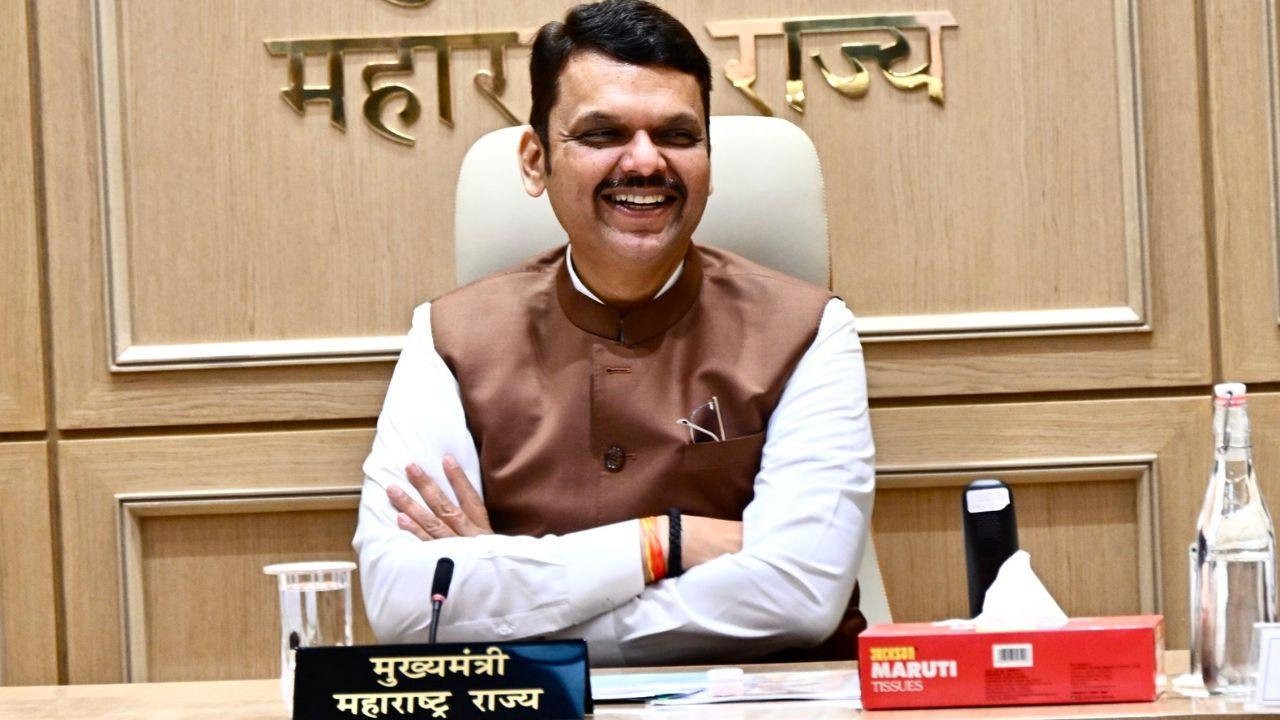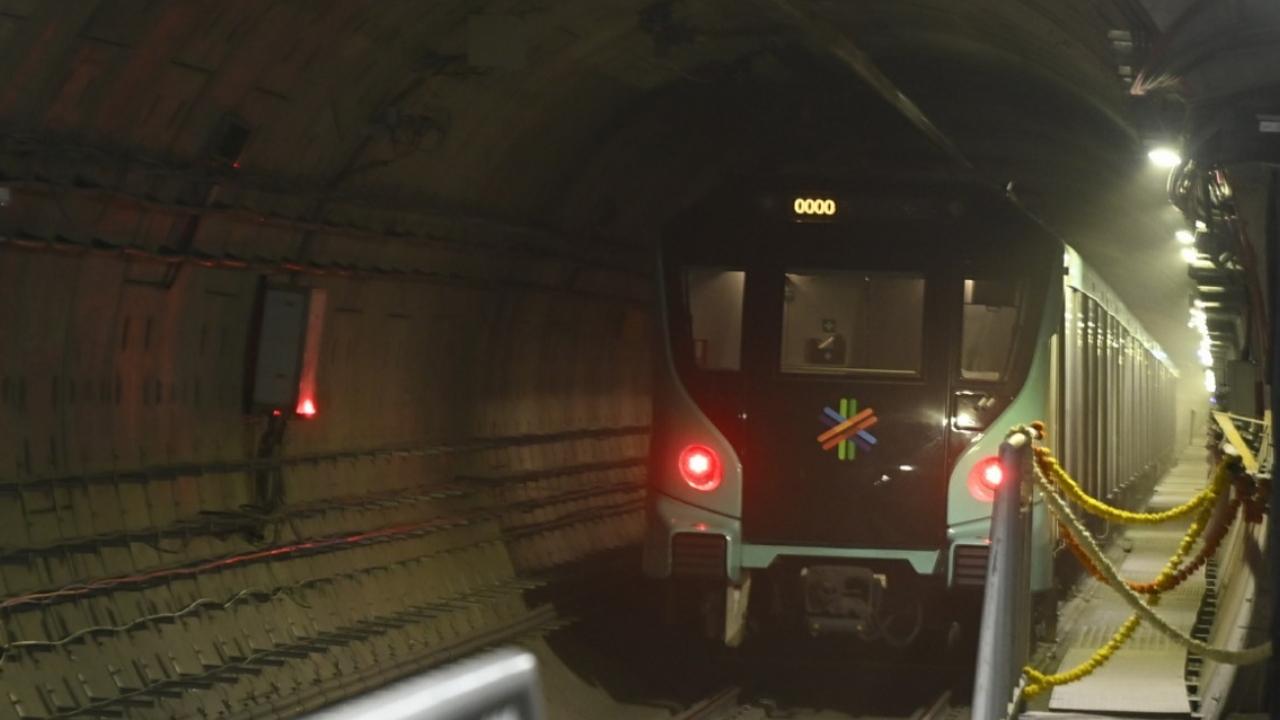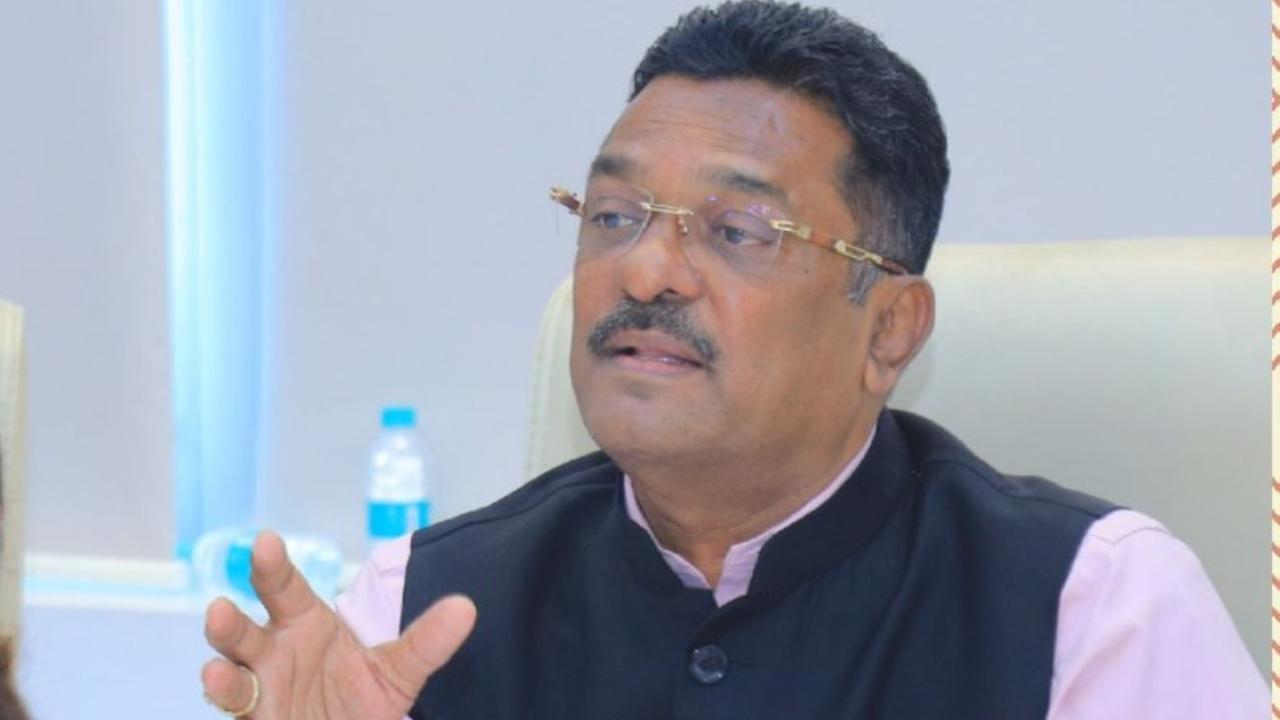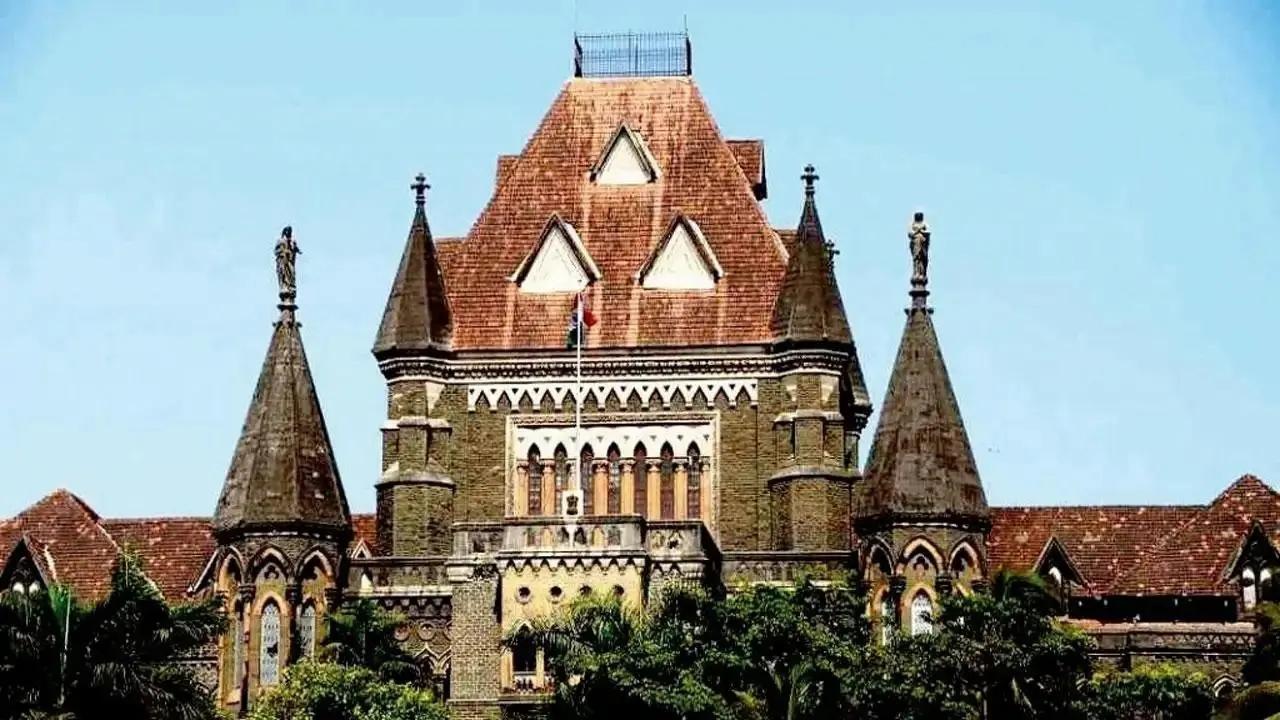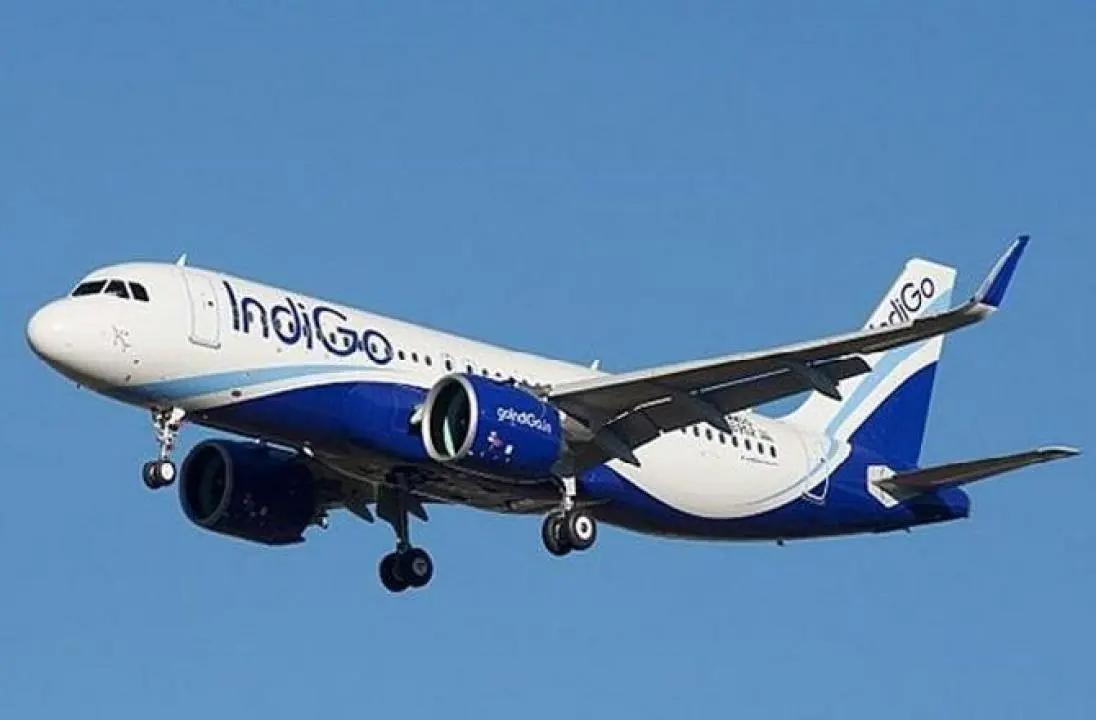Maharashtra Chief Minister Devendra Fadnavis on Wednesday launched the New College Permission System (NCPS), a dedicated online platform for streamlining the approval of new colleges across the state, officials said.
The portal will allow applicants to submit proposals digitally via https://htedu.maharashtra.gov.in/NCPS, bringing greater transparency and efficiency to the process.
During a review meeting of the Maharashtra State Higher Education and Development Commission (MAHED) held at Sahyadri Guest House in Mumbai, CM Fadnavis directed officials to prepare a model for automated scholarship distribution, similar to the salary disbursement system used for government employees.
The move, he said, would ensure timely scholarship payments for students, especially those from socially and economically weaker sections.
Fadnavis stated that the departments such as the Social Justice and Special Assistance, Other Backward Classes Welfare, and Tribal Development must create clear financial timelines to support this transition. A prototype of the new system is expected to be submitted for approval soon.
As part of the state’s higher education master plan (2024–2029), MAHED had approved 2,819 site points for new colleges. Of the 739 institutions that received in-principle approval, 593 have now been granted final clearance. The site-point system helps plan college distribution across non-agricultural university jurisdictions to avoid overcrowding and ensure equitable access.
The Chief Minister also called for reforms in social work colleges, urging universities to form committees that will prepare frameworks to grant approvals only on a permanently unaided basis. These changes are aimed at improving academic quality and enhancing social responsibility within the sector.
A unique approval was also granted to Kavikulaguru Kalidas Sanskrit University to launch a B.Sc. Aviation and Hospitality course, provided it integrates elements of Sanskrit and traditional Indian knowledge systems—marking a special convergence of classical learning with modern disciplines.
Addressing concerns around law colleges, CM Fadnavis said that Bar Council of India (BCI) guidelines must be followed strictly. Colleges would be approved only after receiving a ‘No Objection Certificate’ from the BCI and with legal vetting by the state’s Law and Judiciary Department.
Furthermore, it was decided that professional courses regulated by AICTE, UGC, BCI, and NCTE must not be introduced without prior permission from the Higher and Technical Education Department. A committee led by the Chief Secretary will be constituted to ensure academic coordination between higher education and skill development departments.
Highlighting the need for synergy, the Chief Minister also suggested that private universities with NAAC `A` grades may be considered for starting medical education courses, based on formal proposals to the Medical Education Department.
The meeting was attended by Higher and Technical Education Minister Chandrakant Patil, Medical Education Minister Hassan Mushrif, Skill Development Minister Mangal Prabhat Lodha, Water Resources Minister Radhakrishna Vikhe Patil, and senior bureaucrats, including ACS O.P. Gupta (Finance), ACS B. Venugopal Reddy (Higher Education), and several senior officials from the education departments.
Mumbai University Vice-Chancellor Dr Ravindra Kulkarni gave a presentation on the implementation of the National Education Policy (NEP) in the state. CM Fadnavis expressed satisfaction with the progress and reiterated the government’s commitment to developing industry-relevant, future-ready academic programs.







